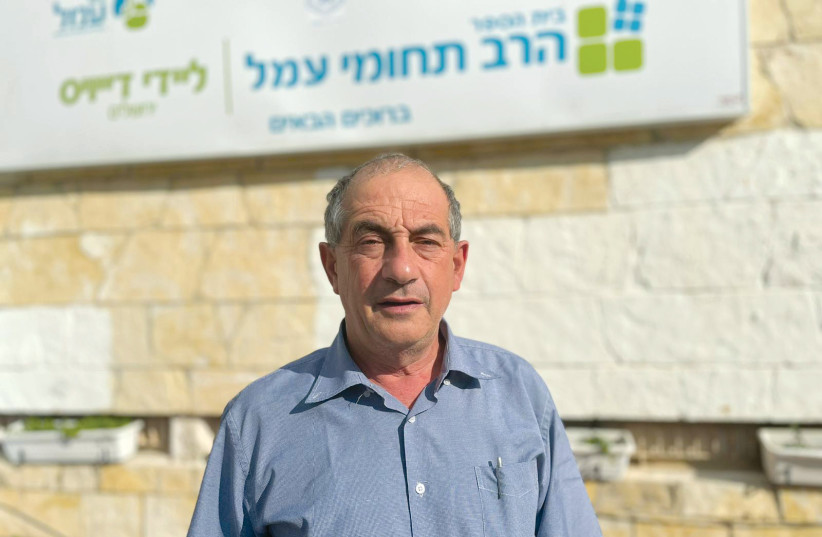October 7 disrupted the lives of Israelis in so many aspects and levels, that it is sometimes difficult to focus on a particular point, one of them being the municipal elections, which had been scheduled to take place 23 days later.
When, about a week before the scheduled date, the decision was made that elections could not be held during the war, no one had any doubt that this was indeed the appropriate move to make. Interior Minister Moshe Arbel (Shas) decided to postpone the elections until January, with the option of another postponement until the end of February. At the time, no one could say how long the war would last and how many of the reservists running in these elections would still be on active duty. January sounded like a reasonable time then.
But the days, weeks, and months passed, the war in Gaza continued, reservists are still fighting in all areas of the Gaza Strip and on the northern front, and the approaching new date has caused concern that the elections will be held when so many are still serving – voters and candidates alike.
Pushing to postpone municipal elections amid Israel-Hamas war
The concern turned into frustration and, in the last two weeks, real rage. “How could it be?” cried Deputy Mayor and council candidate Arieh King, who was called up in the first days of the war. Meanwhile, mayoral candidate Yosi Havilio, though he was not called up, expressed opposition to holding the election when voters and candidates are still on active military duty.
King continued, from the front, to demand another postponement, whereas Havilio decided to petition the court. While King pointed out the injustice of holding elections while he and many others are fighting at the front, Havilio focused on those who might reap an unfair benefit from not postponing the elections – that is, the ultra-Orthodox, the majority of whom do not serve in the army.

“No reward will be given to those who deliberately chose not to serve, not to risk their lives, and not to enlist in regular or reserve service,” declared Havilio.
On Sunday, the last day of 2023, at precisely 11:45 p.m., the final decision was made by the government and approved a day later by the Knesset, and immediately published: The municipal elections were delayed to February 27.
“Now we will turn to the great battle of preserving an Israeli and non-Orthodox Jerusalem,” said Havilio, hinting at the core of his campaign – to block the haredim on the city council.
Another aspect of this saga is to be found in the political spheres of the Knesset and the government. The postponement is clearly a political victory for Finance Minister Bezalel Smotrich, who waged a battle from the first moment against Prime Minister Benjamin Netanyahu, Defense Minister Yoav Gallant, the ultra-Orthodox, and almost all the government ministers on this matter. Smotrich represents the Religious-Zionist public, of which King is a prominent representative.
But certainly, the government’s announcement of a postponement to February 27 is an important victory for the reserve servicemen and women, their families, their communities, and the rest of the country’s citizens, who are now preoccupied with the war and not with the local elections. As Havilio pointed out, “The secular public, the traditional public, and the religious public will be able to compete equally in the local elections.”
The postponement will enable candidates still serving to be released for the campaign and the elections. According to the IDF, of 1,829 candidates on active duty, 1,135 will be released by mid-January. All together, across the country, there are 26 citizens still serving who are running for the head of a council.
Today, the Jerusalem City Council is composed of 13 haredi members (Degel HaTorah, Agudat Israel, and Shas) out of 30 seats in total. ❖
